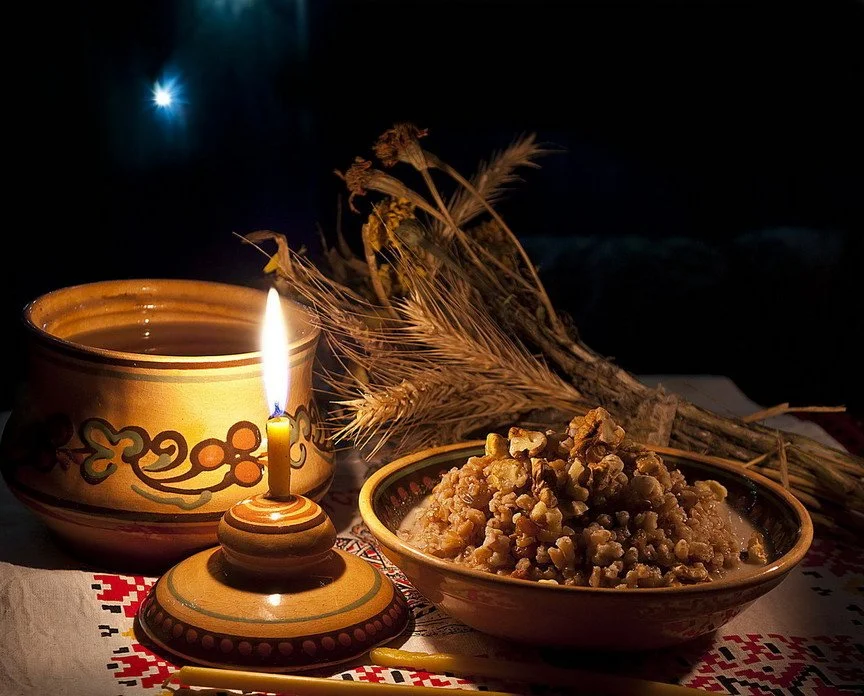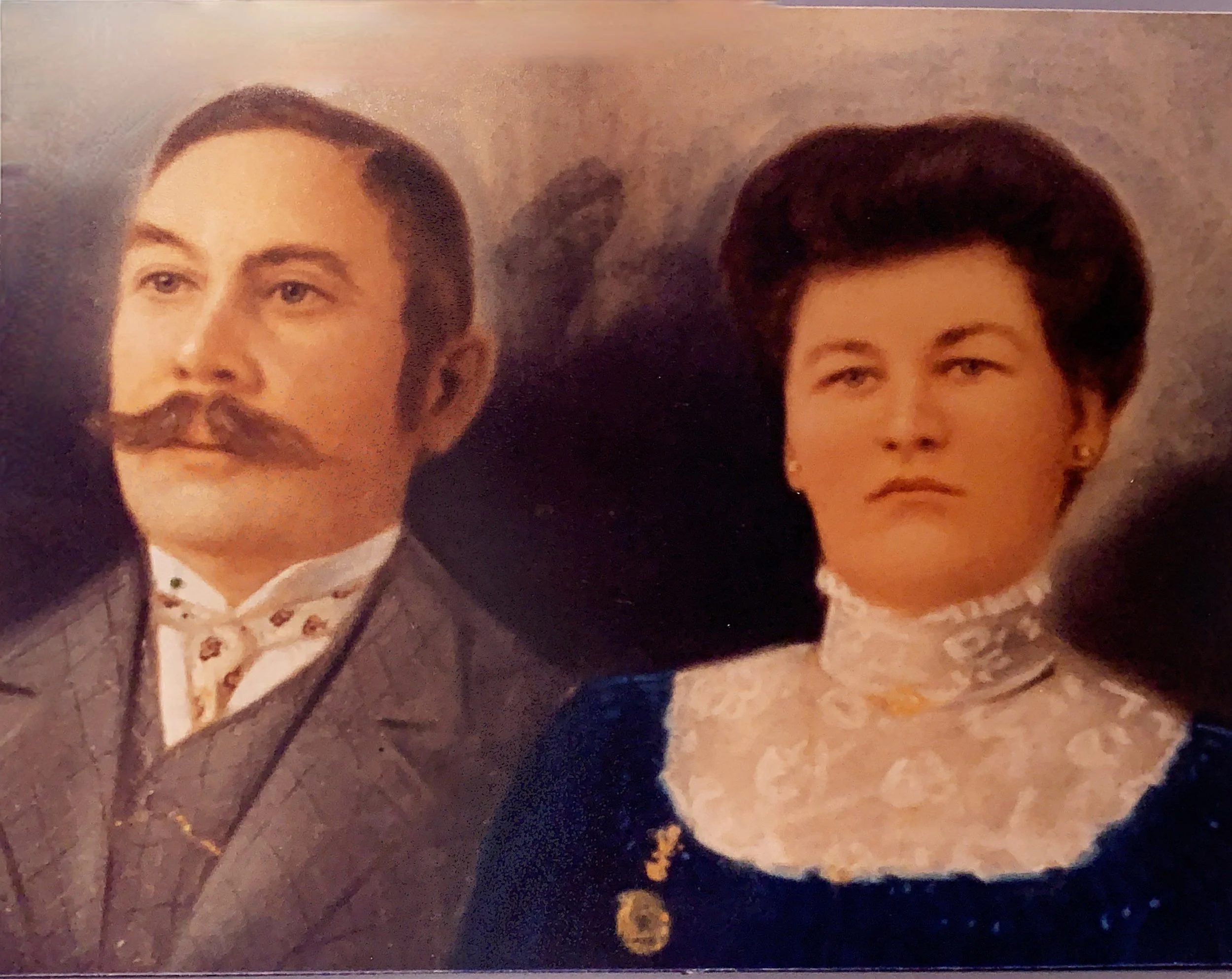Ukrainian All Hallows Eve
All Hallow’s Eve or Halloween has roots in so many cultures. We all know about Day of the Dead and the Latin American celebrations to honor ancestors. The ancient Celts called it Savan (Samhain). I recently read a Facebook post from Luba Petrusha and I learned that Ukrainians and Rusyns also have a day to honor ancestors on the special days that fall just in the middle between the autumnal equinox and the winter solstice. Because Ukrainians have followed a different calendar, our holidays are often slightly askew from the Julian calendar holidays.
This pagan holiday is called Dmytrivska or rough translation Grandfathers Day and it is on Nov 8 this year.
Christianity was introduced in Kyivan Rus, the predecessor of Ukraine, in 988. Before that, our ancestors had been pagan. However, they didn’t discard pagan traditions entirely after changing their religion. It is because of this that now in many Ukrainian religious holidays, we can observe a peculiar combination of ancient pagan customs and Christian belief.
Three special loaves of bread were baked to honor our ancestors. It was important for the Mother of the house to be clean when she bake the breads so ritualistic bathing happened early in the morning. One loaf was dedicated to ancient ancestors whose names we don’t remember: a second loaf was dedicated to ancestors that we can name and the last for all of our ancestors who met tragic violent deaths due to war.
While eating supper, the Mother of the house would take food from each dish served in a separate bowl and put it on the windowsill with a spoon (only wooden), next to water and a clean towel. It was an offering to those who will come to help us.
Because the veil between worlds is so thin at this time of year, it is believed that our ancestors can enter the house and hear or prayers. Because we don’t want uninvited spirit guests, the Mother of the house would put onions and garlic at the threshold, and sometimes blessed salt and poppy seeds would be sprinkled under the doorstep. Candles were lit and left to burn all night. On that day, no one was denied help, especially beggars. They had to be both fed and gifted. Our ancestors believed that ancestors could come to the house in the guise of a beggar.



